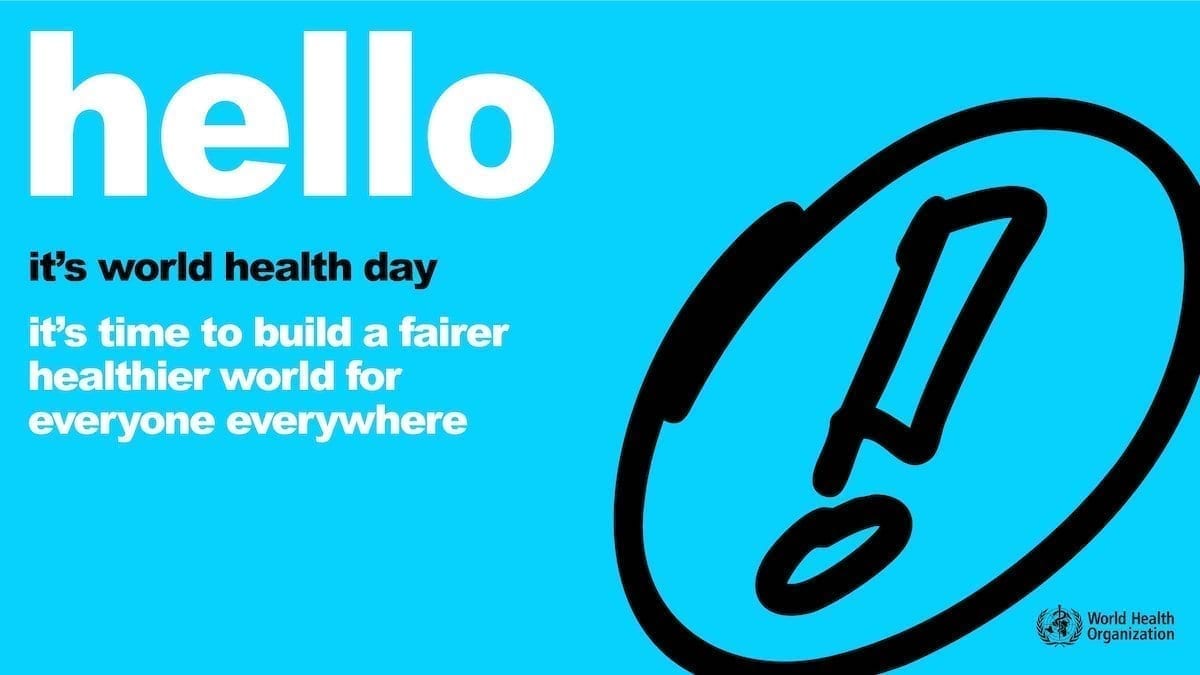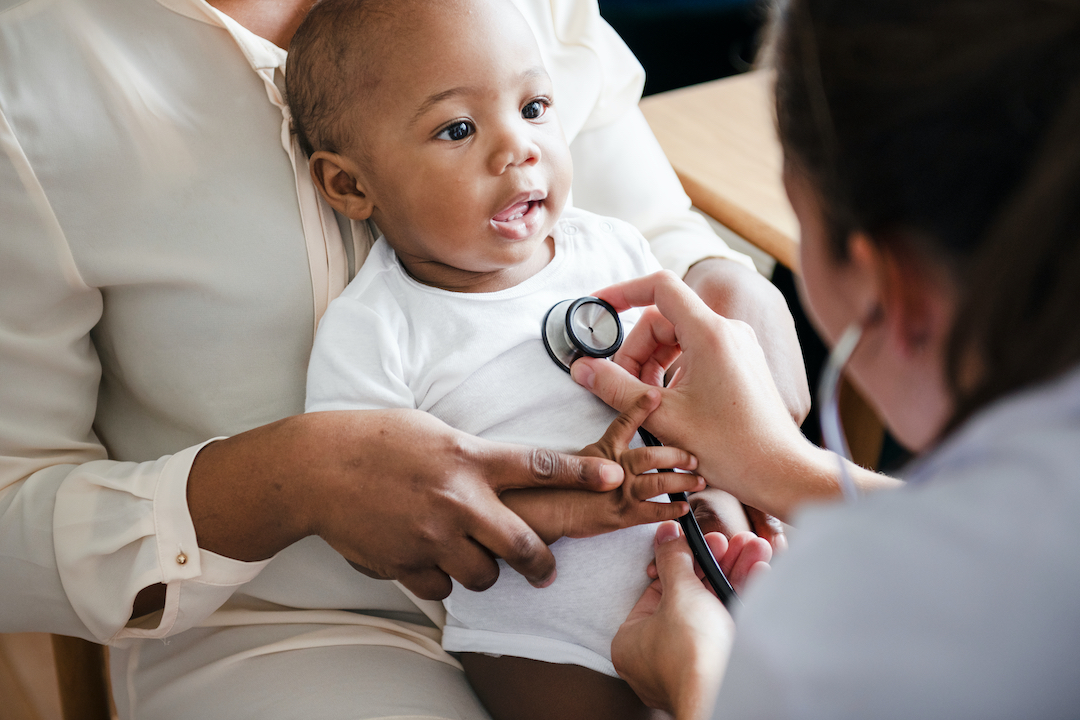Today is World Health Day, a moment to reflect on what it means to achieve our best health—not just personal health, or an individual motivation for wellness, but also community health, the wellness and prosperity of our neighbors.

This past year, many of us have done our part to stay healthy by wearing masks and social distancing, utilizing at-home workouts to stay active or getting a vaccine to stay protected from COVID-19. According to Ketchum’s recent study The New Essentials: Working Lessons from a Year in the Pandemic, this primacy is reflected in the workplace, with nearly half of employed Americans (46%) now viewing health benefits as a top priority when it comes to their jobs.
Globally, this renewed focus on health has helped us to both stay healthy as individuals and contribute to the health of others. But today the World Health Organization (WHO) is reminding us that it will take more than just our personal choices to heal the world. To raise awareness of the widespread health inequities that endanger our community health, they’ve given this year’s World Health Day the theme of “Building a fairer, healthier world.”
The pandemic has uncovered the worst truths of health injustices, as racial and ethnic minority communities face higher rates of COVID deaths due to socioeconomic and environmental factors, and disparities in access to quality care. And as COVID-19 continues to bring devastation across the globe, our country also grapples with a horrific surge in violence against the Asian American and Pacific Islander (AAPI) community. Systemic racism and hatred only further fuel health inequities, which underscores the urgency of recognizing equality and inclusivity as health-driven goals.
On this World Health Day, the Health team at Ketchum reflects on these inequities to arm ourselves with the knowledge necessary for everyone to be able to achieve their best health. In this spirit, we invite communicators to consider the following guidelines when creating health communications:
Understand the communities most impacted by health inequities. The best way to ensure that your target audience will clearly receive your messages is by working with trusted community organizations that represent underserved populations. Working together with communities and individuals to address health issues can prevent miscommunication and ensure understanding.
Share accurate information from trusted sources. As we continue our progress against the world’s greatest public health challenge, it’s critical to accurately amplify the guidance of credible scientific institutions. This means providing timely updates as information develops and interpreting and deciphering complex medical terminology for common use. A rise in misleading claims targeting ethnic minorities has further increased vaccine hesitancy in populations already facing health inequities. Trusted leaders are needed to encourage accurate information is reaching the most vulnerable populations.
Uncover the root cause of health issues. To effectively communicate about any health issues, social determinants must be addressed as well. Poverty, climate change and educational barriers all contribute to poor health outcomes, further illuminating that issues of social justice and health weave an interconnected story of society’s greatest barriers to true equity. Targeting any health issues also means addressing the bigger picture.
Don’t underestimate the importance of mental health. This past year has proven that mental wellness is an essential part of overall health. But access to mental health also reflects the disparities discussed above; according to the New Essentials study, those with higher household incomes are more likely to agree that they have the resources they need to keep themselves mentally healthy (76%) compared to those with lower household incomes (60% of lower income households). Keeping mental wellness in mind will ensure that you’re addressing a fully rounded definition of community health.
Keeping these truths in the forefront while crafting strategic approaches will be essential as we continue to do our part as communicators in creating a fairer, healthier world. If you’d like to start a conversation about how Ketchum can help your brand bring these best practices to life, just reach out.



